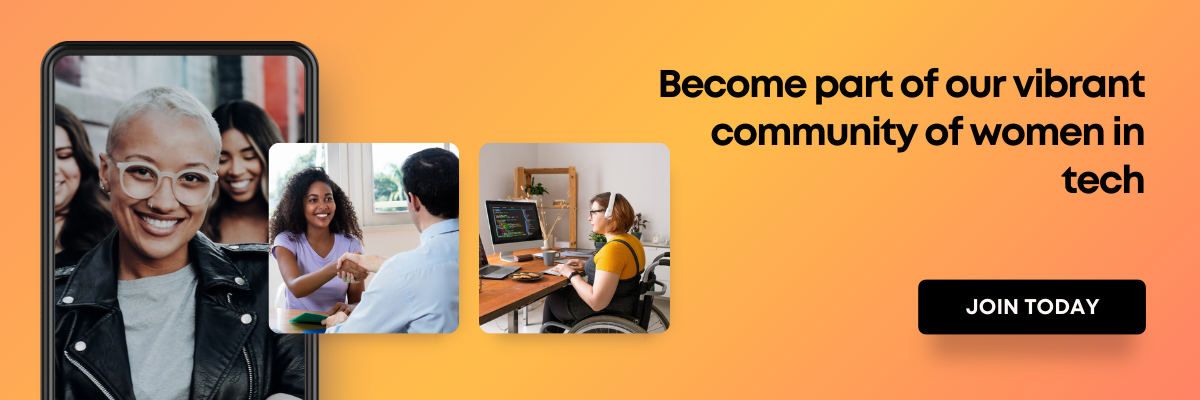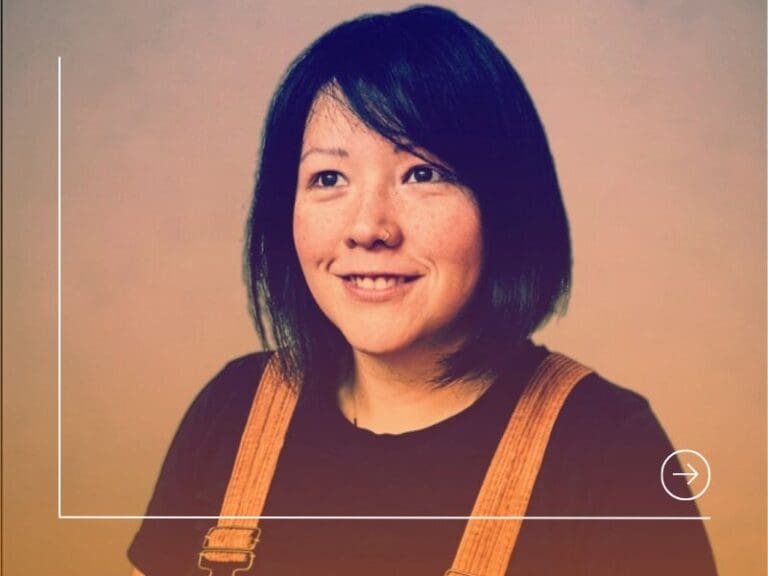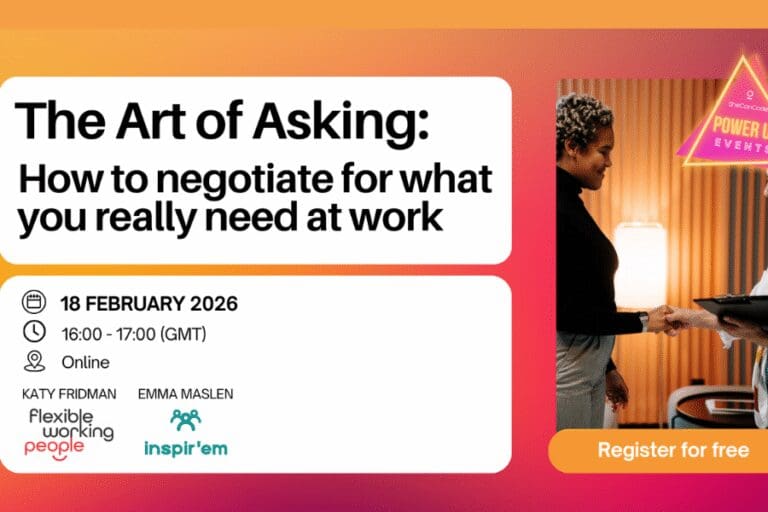Read all about Eleni Kelly, CIO, Pluxee UK.
How did you land your current role? Was it planned?
Honestly, I didn’t have a clear career path in mind. FinTech development felt like my dream job at the time, but a project as an architect changed things. Running the technical implementation across multiple countries made me realise people are more complex than systems. This sparked a passion for the human element of projects. To dive deeper, I enrolled in psychology at the Open University.
Back then, career paths in tech were less defined compared to today. It felt more like a jungle gym than a ladder, with many ‘falling’ into leadership roles. I saw a chance to do better, build a more inclusive leadership culture, and identified the gaps to start championing that in tech.
What are the key roles in your field of work, and why did you choose your current expertise?
There’s something incredibly fulfilling about lifelong learning. The idea that you can never truly be an expert in something because there’s always more to discover excites me. Especially in work, the moment you feel you’ve mastered something, a new challenge throws you a curveball, forcing you to rethink your approach. But that’s exactly why I love my job.
I’ve been fortunate to experience a variety of roles from the ground up, which allows me to tap into my creativity. In my current role, one of the biggest takeaways has been learning how technology can be a powerful enabler. The pandemic truly highlighted how essential technology has become to the very fabric of our society.
Did you (or do you) have a role model in tech or business in general?
At my previous company, GE Capital, diversity and inclusion were intrinsically woven into the culture. They championed creating a workplace where everyone felt valued and empowered to contribute their talents. Promotions were based on merit, ensuring the best person got the job regardless of background. This culture of meritocracy was a valuable lesson.
GE instilled in me the importance of surrounding myself with a team that’s as honest and direct as I am. A team that isn’t afraid to disagree with my ideas and offer even better solutions.
What are you most proud of in your career, so far?
At the Crown Commercial Service, where I served as Interim Chief Digital Officer, we faced a unique challenge: transitioning our entire workforce to remote work in just half a day. To maintain productivity, we prioritised supporting vital tenders with the NHS, onboarding colleagues to the new system efficiently, and ensuring everyone had the necessary equipment. This critical time demanded unwavering support for my team, and I’m proud of how we navigated this challenge together.
In my role as a school governor, I focused on helping children in the school I volunteer to become digitally native. By providing resources, I witnessed these children from disadvantaged areas transform into confident ‘digital natives’ solidified my belief in the power of technology education. Equipping these children with these crucial skills empowers them and breaks down potential barriers to their future success. While the programme wasn’t designed to steer them towards IT careers, it’s inspiring that some expressed an interest in this field.
What does an average work day look like for you?
My role as CIO is incredibly varied. Genuinely, no two days are the same. I work with colleagues worldwide to solve problems and ensure our business users experience minimal disruption. Understanding the challenges keeping people up at night is the crux of my role, and I work closely with them to find solutions and provide the support they need.
Are there any specific skills or traits that you notice companies look for when you’re searching for roles in your field?
The tech industry is undergoing a fascinating shift. In recent years, I’ve noticed a move away from a purely technical focus towards a skills-based approach. Companies are realising the importance of understanding what it means to be digital, which goes beyond just technical expertise. For instance, it involves using technology to streamline processes, improve customer experience, and drive innovation across the organisation. This translates to a need for candidates who can articulate the value of technology, not just the technical details. They need people who can bridge the gap and translate that vision into real benefits for the entire organisation.
Has anyone ever tried to stop you from learning and developing in your professional life, or have you found the tech sector supportive?
Early on in tech careers, the rules are clear: performance matters most. It’s a meritocracy, and that can be very empowering. But as you move into leadership, the game changes. This is where I, as a woman, faced a new challenge: getting my voice heard. Some colleagues questioned my leadership potential, perceiving my assertiveness as a negative.
I actively sought feedback from trusted mentors who would be honest and push me to grow. This proved to be a game changer. By understanding how my approach was perceived, I could refine my communication style while still remaining true to myself.
Have you ever faced insecurities and anxieties during your career, and how did you overcome them?
Imposter syndrome can be a real struggle sometimes. When a new challenge arrives, a voice in my head whispers, “maybe I’m not up to this.” This feeling seems especially common for women in tech. We often have a strong desire to contribute and share our ideas, but the fear of being seen as aggressive can be a silencer.
A major turning point for me was learning to separate my emotions and approach situations logically. Over time, I’ve actively challenged that inner voice of doubt. It’s an ongoing process, but with each hurdle I overcome, the imposter whispers grow quieter.
Entering the world of work can be daunting. Do you have any words of advice for anyone feeling overwhelmed?
When the pressure mounts and I start to feel overwhelmed, the first step is a tactical retreat. I take a deep breath, step back from the situation. What exactly can I control here? By dissecting the situation, I gain a sense of control and prioritise what’s truly actionable. How would you advise a friend in this situation, take your own advice!
Taking a break is equally important. Stepping away from the problem, even for a short walk or a mindfulness exercise, allows me to return with a fresh perspective. It’s amazing how a change of scenery can shift your mental state and unlock new approaches.
What advice would you give other women wanting to reach their career goals in technology?
Just like any other field, conquering a space in technology requires a deep understanding of the area you’re targeting. But for women, it can be particularly valuable to have a clear vision for your goals and motivations.
However, technical knowledge is just one piece of the puzzle. My key advice would be to cultivate your unique approach and build strong allies, both men and women. Having a distinct style allows you to stand out and be heard, while a supportive network empowers you and amplifies your voice.









